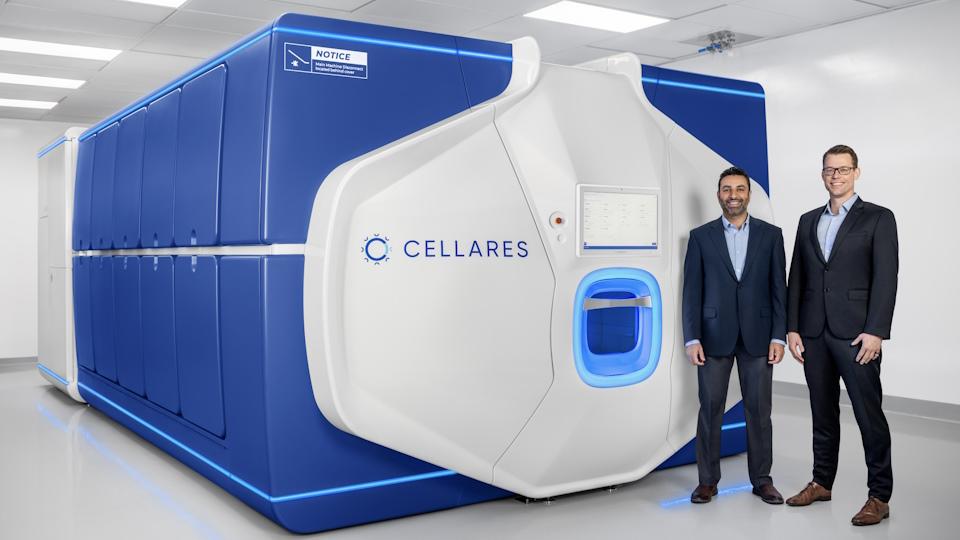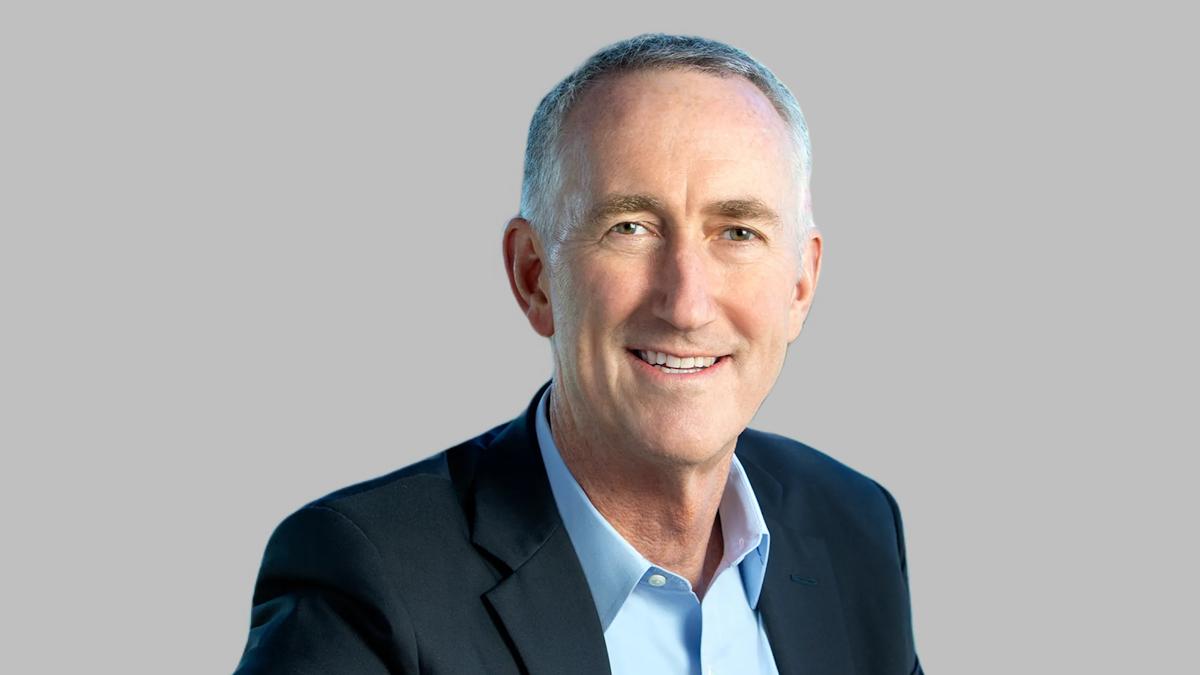BMS preps for CAR-T growth with $380m Cellares deal

First cGMP Cell Shuttle & Cellares co-founders Omar Kurdi (left) and Fabian Gerlinghaus (right)
Bristol-Myers Squibb has shored up manufacturing of its CAR-T therapies, tapping into capacity at contract manufacturer Cellares that will be used to supply patients in the US, Europe, and Japan.
The deal – worth up to $380 million – comes as BMS is preparing to further the rollout of its CAR-Ts Abecma (idecabtagene vicleucel) and Breyanzi (lisocabtagene maraleucel), used to treat haematological cancers, with a pipeline of others in clinical development. The pharma giant is already an investor in Cellares, contributing to a $255 million Series C financing last year.
Cellares was formed specifically to improve the efficiency of cell therapy production, which currently requires expensive and time-consuming manufacturing processes that can take weeks to complete. The start-up applies robotics and other automation technologies to speed up the whole production process, from cell culture to quality control, at clinical and commercial scale.
It already has two manufacturing facilities up and running in the US – in South San Francisco, California, and Bridgewater in New Jersey – and is planning to open plants in Europe and Japan soon.
With the number of cell therapies coming through the industry pipeline rising fast, there have been some concerns voiced about the available capacity to manufacture them affordably at scale. With the new deal, BMS’ has reserved several of Cellares’ Cell Shuttle production modules for its exclusive use.
In its fourth-quarter results update, the group said it was working to build capacity in anticipation of a “significant expansion” for Breyanzi this year, even after it doubled its sales to $364 million in 2023 following approval in 2022 for second-line treatment of large B-cell lymphoma.
Breyanzi has also just become the first CAR-T to be cleared as a treatment for relapsed or refractory chronic lymphocytic leukaemia (CLL) or small lymphocytic leukaemia (SLL), and BMS is also waiting for decisions in follicular lymphoma (FL) and mantle cell lymphoma (MCL).
Abecma, meanwhile, just picked up a new approval as a third-line therapy for multiple myeloma, moving it up the treatment pathway from its initial go-ahead for fifth-line or later use in 2021. It grew 22% to $472 million last year.
“The agreement with Cellares is our latest step forward in support of our comprehensive strategy to unlock the full potential of CAR-T therapy to deliver transformative treatments to as many patients as possible, as quickly as possible,” said Lynelle Hoch, president of BMS’ cell therapy unit.
“Our collaboration with Cellares strengthens our existing internal manufacturing capabilities for CAR-T cell therapies by giving us access to the first end-to-end fully automated cell therapy manufacturing platform, to help ensure we meet the high demand for these differentiated treatments, now and in the future.”
You can hear more about Cellares’ approach to cell and gene therapy manufacturing in this pharmaphorum podcast from earlier this year.













